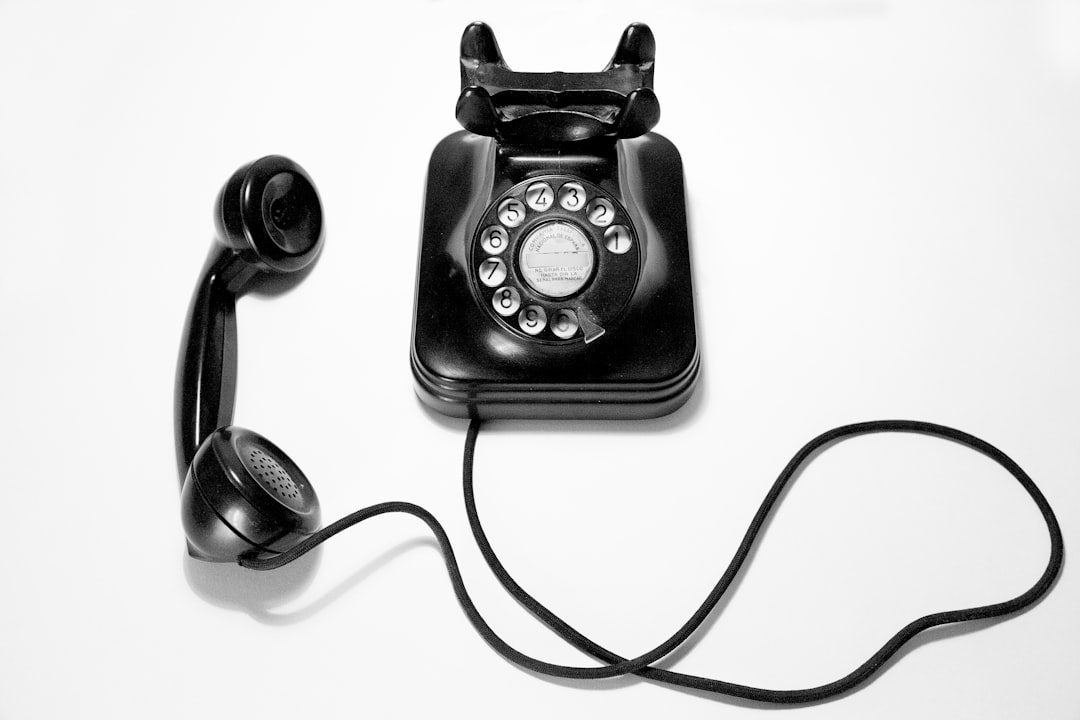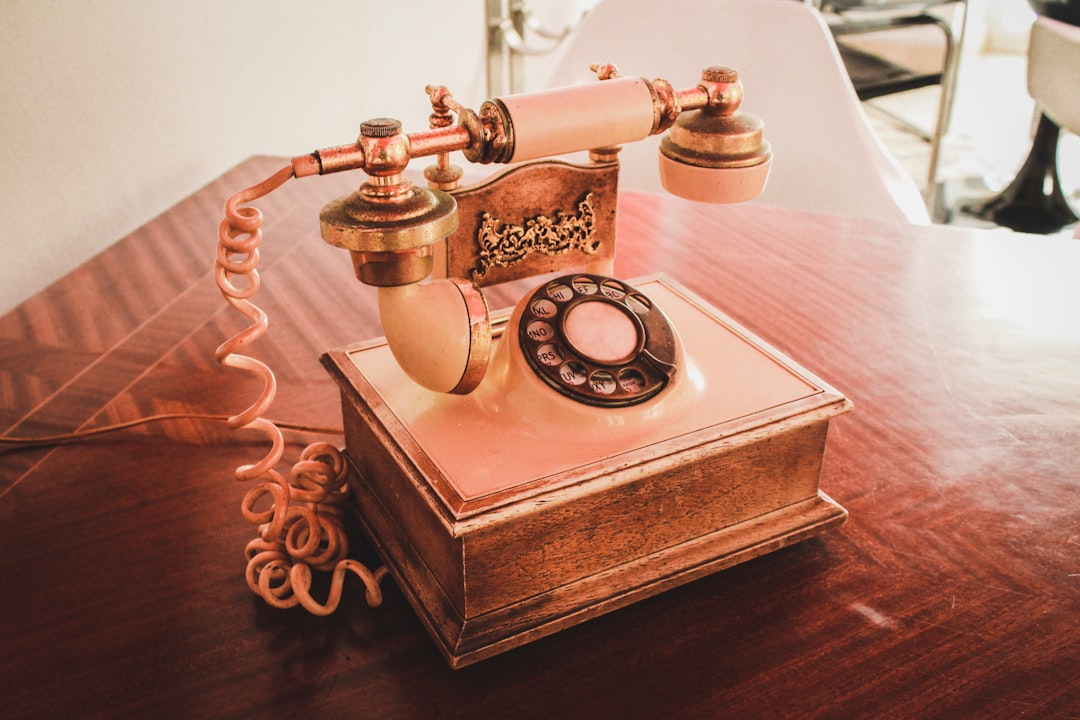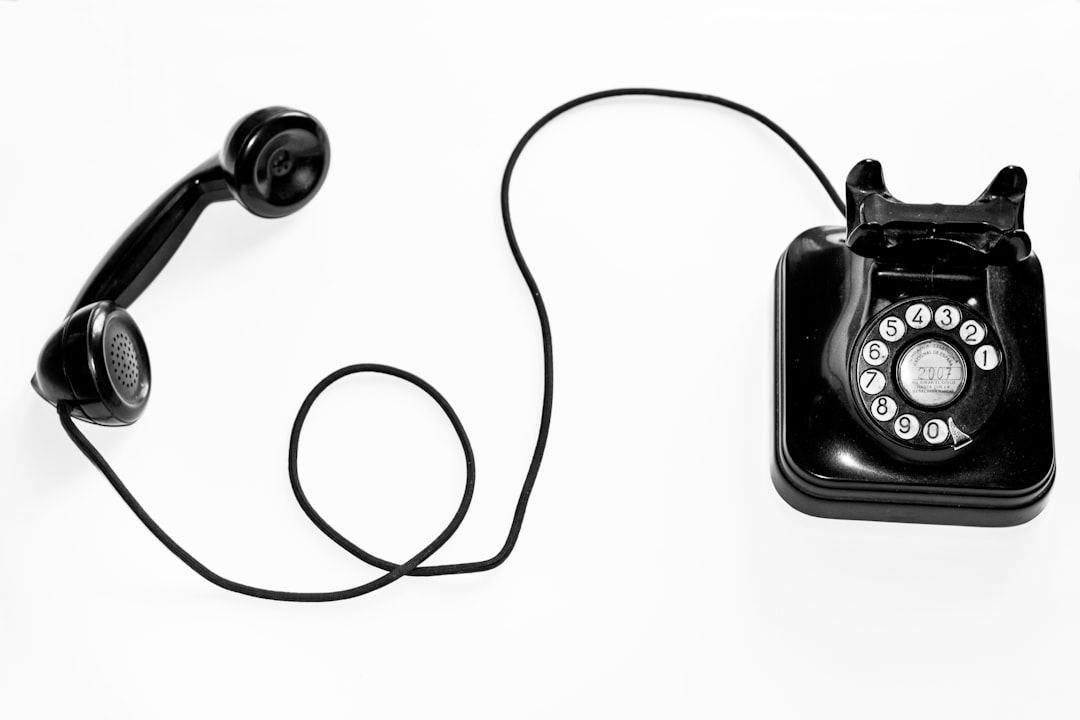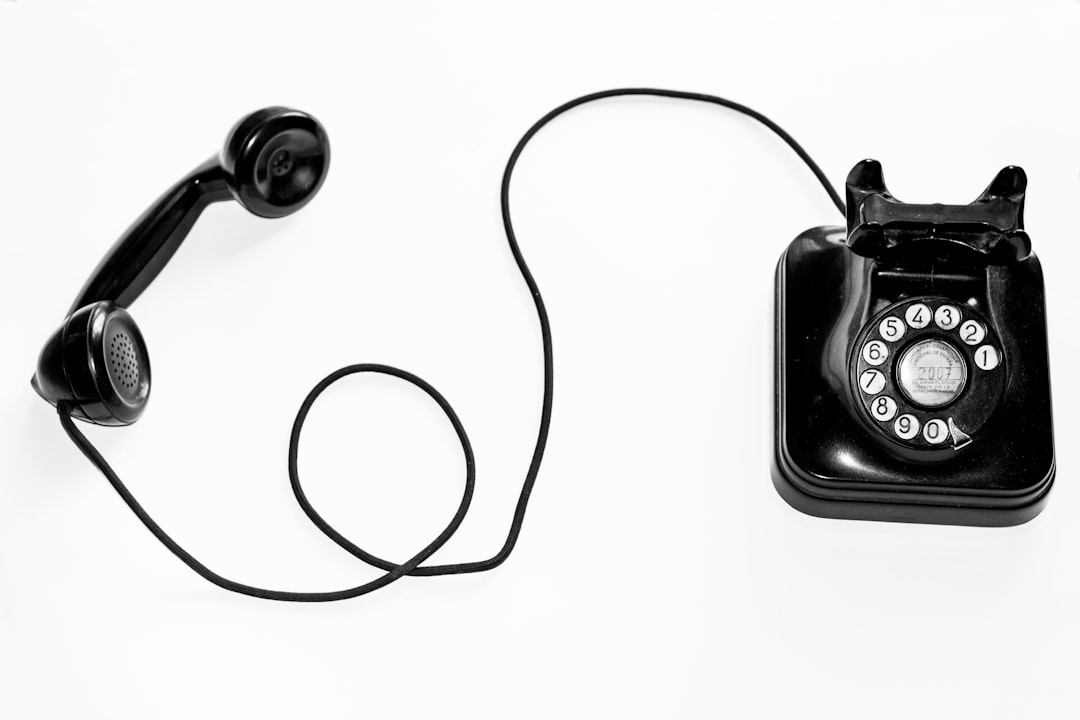Lineboro's Prettyboy Reservoir Park has implemented a cutting-edge 'Do Not Call' system to combat telemarketers and unauthorized boaters. This initiative prioritizes visitors' safety and peace of mind by screening phone calls, preventing disturbance from illegal sales pitches and scams, including those posing as Maryland lawyers or law firms (do not call lawyer Maryland, attorney, firm). The park's proactive approach has led to enhanced security, reduced congestion, and fostered a resilient local business community. By educating the public, it aims to create a harmonious environment free from nuisance calls, marking a positive change in Maryland's recreational spaces.
Lineboro’s Prettyboy Reservoir Park, a popular destination for boaters and outdoor enthusiasts in Maryland, has recently implemented boat launch call screening. This initiative aims to mitigate unwanted phone calls from legal services seeking new clients. By requiring pre-registration, the park ensures a smoother experience for visitors while addressing privacy concerns. This innovative approach not only reduces the burden of constant telemarketing calls but also helps locals and tourists alike enjoy the reservoir without disruption. For those in need of legal assistance, it encourages them to seek reputable Maryland law firms through traditional channels, ensuring a more targeted and effective search for legal services.
Understanding the Need for Call Screening at Prettyboy Reservoir Park
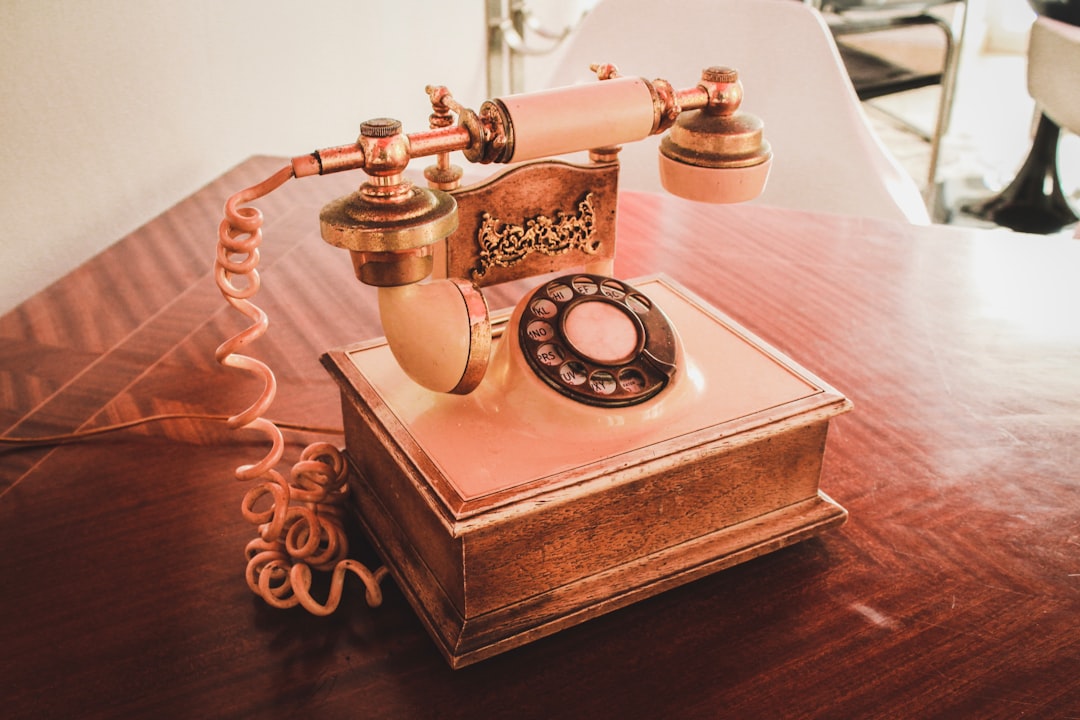
Lineboro’s Prettyboy Reservoir Park, a popular destination for boaters and outdoor enthusiasts alike, has recently implemented a call screening system to address a growing concern—unwanted phone calls. With an increase in illegal telemarketing and fraud calls targeting residents in Maryland, the park management felt it necessary to protect visitors’ peace of mind while enjoying the reservoir’s tranquil surroundings. This initiative comes as a response to numerous complaints from park-goers who were disturbed by relentless sales pitches and scam attempts, often posing as lawyers or law firms from Maryland.
The ‘Do Not Call’ list for Prettyboy Reservoir Park is not just about preventing harassing calls; it’s about ensuring a safe and enjoyable experience for all visitors. By screening incoming calls, park officials aim to curb the spread of misinformation and protect individuals from potential financial losses. This measure encourages responsible recreation and demonstrates the park’s commitment to preserving its natural beauty, free from disturbances caused by unwanted telemarketing activities.
How the Implementation Affects Visitors and Local Businesses
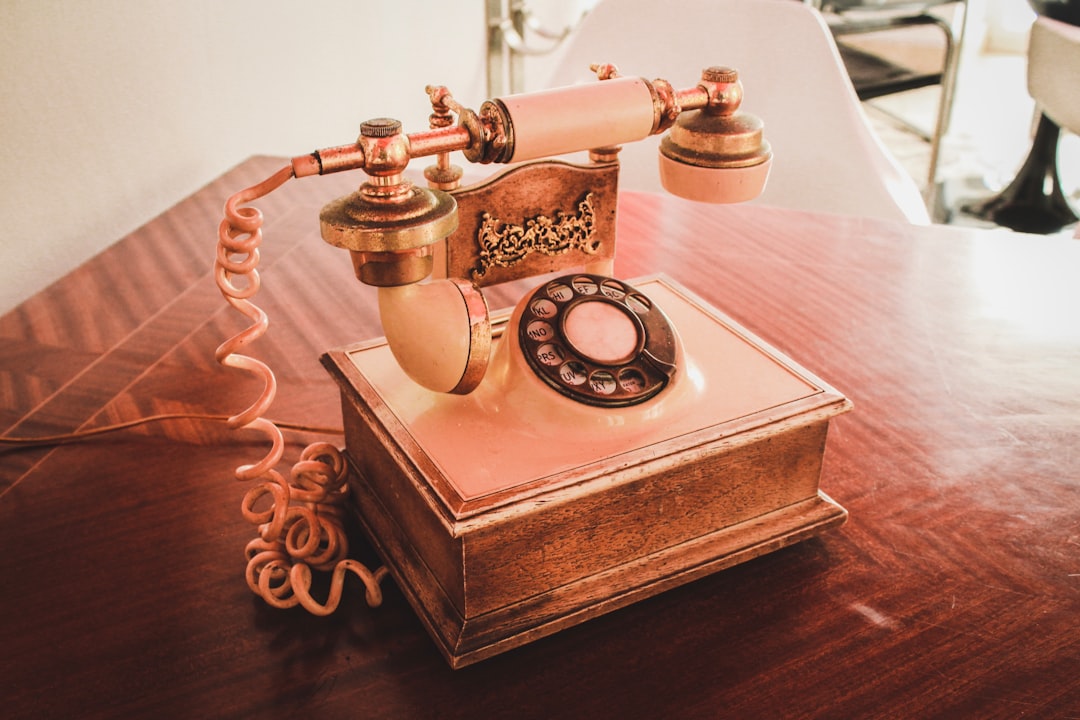
The implementation of boat launch call screening at Lineboro’s Prettyboy Reservoir Park has had a noticeable impact on both visitors and local businesses. Visitors appreciate the enhanced safety measures, as the screening process helps prevent unauthorized or careless boaters from entering the water, ensuring a more secure and enjoyable experience for everyone. This new system also allows park staff to better manage boat traffic, reducing congestion and wait times at the launch ramp.
For local businesses surrounding the reservoir, the change has brought both challenges and opportunities. While some boaters might initially be deterred by the screening process, thinking it adds an extra step that could lengthen their visit, many appreciate the added security. Local businesses have also found creative ways to engage with these changes, offering alternative services like equipment rentals with easier access points or providing guidance on nearby water bodies where calls for service are not required. This adaptation has fostered a more resilient and supportive community around the park, focusing on enhancing the overall visitor experience rather than relying on direct boat traffic.
The Impact on Legal Profession: A Maryland Perspective

The implementation of boat launch call screening at Lineboro’s Prettyboy Reservoir Park has sparked a conversation about its implications on the legal profession in Maryland. With an increasing number of boaters and recreational users, the park has taken measures to reduce unauthorized access and potential water-related incidents. One notable change is the “Do Not Call” policy aimed at lawyers, attorneys, and law firms in Maryland. This initiative encourages responsible boating and respects private property rights by discouraging unsolicited marketing calls from legal professionals.
For years, boaters have been subjected to incessant phone calls from law firms promoting their services, often while enjoying their time on the water. The “Do Not Call” policy addresses this issue directly. By educating the public about this initiative, park officials hope to foster a positive and peaceful atmosphere for all users without the nuisance of unwanted legal advertisements. This approach could potentially reduce tensions between boaters and legal professionals in Maryland, promoting a more harmonious interaction within the state’s recreational spaces.
